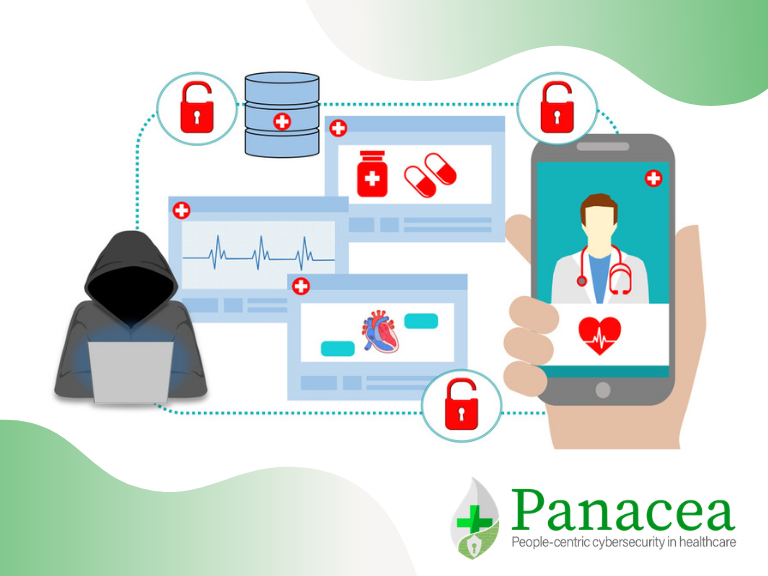
The number of cyber-attacks around the world exploded in 2020: exploiting the Covid-19 pandemic as an opportunity for cybercriminals to take advantage of the shift in focus towards smart working and hospital staff transferred to the frontline.
Guillaume Poupard, general director of the National Agency for the security of information systems in France (ANSSI), has given an overview of the current situation in France, as reported by L’Usine Digitale: on how threats to local, national and economic security have increased from 54 in September 2019 to 128 in 2020.
Cybercriminals and hackers have diverse motivations for their attacks, from making money to stealing patient data or supporting a “no-vax” cause with fake information. Each group has its own methods and objectives.
The problem with cyber-attacks in healthcare is that cyber-attacks can have extremely serious consequences, such as the lack of access to important data or medical devices that medical staff need to treat patients, including patients in critical conditions, where urgent medical interventions can be a matter of life or death.
Charlotte Causit, from Franceinfo, shared the experience of the Narbonne Hospital Center, where the number of daily attacks ranges from 20 to 100 though most of them are quickly blocked by first security layers of the IT system.
The number of attacks, people and organisations affected has soared in 2020. According to the joint report “Common Situational Picture” by the National Agency for the security of information systems in France (ANSSI) and the German Bundesamt für Sicherheit in der Informationstechnik (BSI), the number of victims attributed to cyberattacks has increased four times.
In the report, Anssi and BSI have also defined four objectives for the future:
- Preventing the rise in mass-cybercrime.
- Promoting the development of secured communication systems.
- Raising awareness on the importance of security, including supply chain in the risk evaluation phase.
- Integrating security-by-design in the development of new devices.
The attacks on the AP-HP (Assistance publique - Hôpitaux de Paris) in France, the UHS (Universal Health Services) in the US and the Brno hospital in Czech Republic are just a few examples in a long list of similar episodes that took place over the last year, including one at the Düsseldorf University Hospital in Germany, which caused a chain reaction that ultimately lead to the death of a patient because urgent medical care was not possible.
Digitalisation is enabled better healthcare delivery but at the same time it is creating new vulnerabilities in hospital IT systems that are not sufficiently upgraded to counter them. This is exactly what is enticing attackers to healthcare in their search for easy targets compared with other sectors that have invested in building better defences. Other healthcare-related market segments also need to be on high alert, such as the pharmaceutical industry and medical research labs, especially in the race to develop and rollout vaccines against the pandemic.
Resilience depends on several factors and each one needs targeted actions, from outdated internal policies abd governance impeding the effective security of devices and data, lack of investments and awareness of the return on investment or inadequate training underpinned secure behaviour and practices.
Sources:
- https://www.francetvinfo.fr/sante/maladie/coronavirus/covid-19-comment-les-cybercriminels-cherchent-a-profiter-de-la-pandemie_4246923.html#xtor=CS2-765-%5Bautres%5D-
- https://www.ssi.gouv.fr/actualite/lanssi-et-le-bsi-alertent-sur-le-niveau-de-la-menace-cyber-en-france-et-en-allemagne-dans-le-contexte-de-la-crise-sanitaire/
- https://www.usine-digitale.fr/article/ransomware-covid-19-espionnage-l-anssi-fait-un-etat-des-lieux-de-la-cybersecurite.N1024629
- https://www.usinenouvelle.com/article/les-systemes-de-sante-francais-et-allemand-sous-la-pression-des-cyberattaques.N1041484
